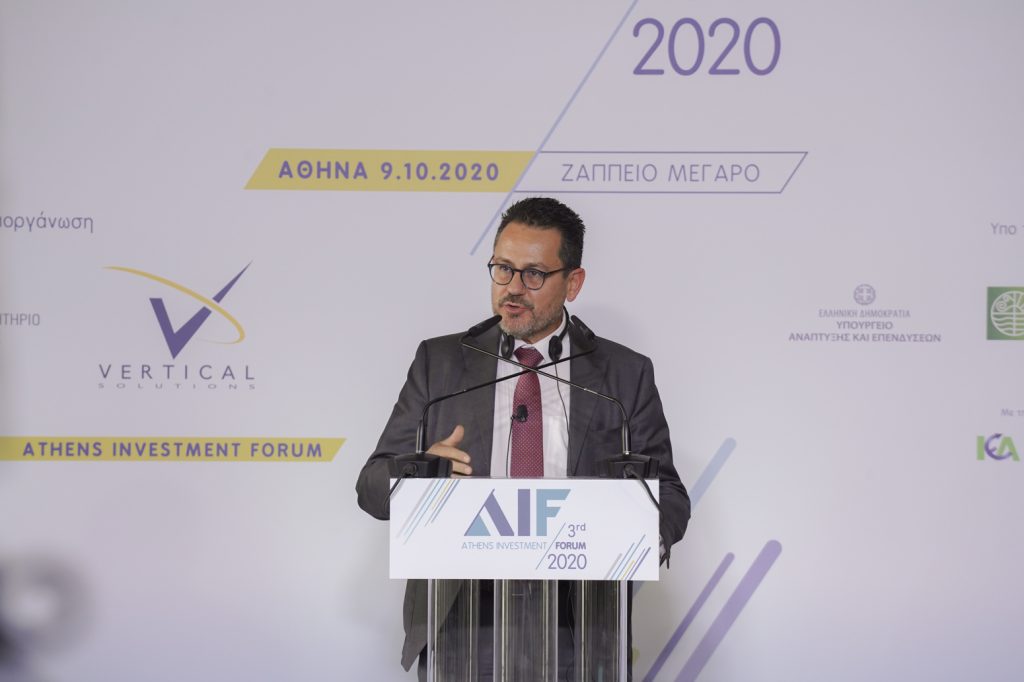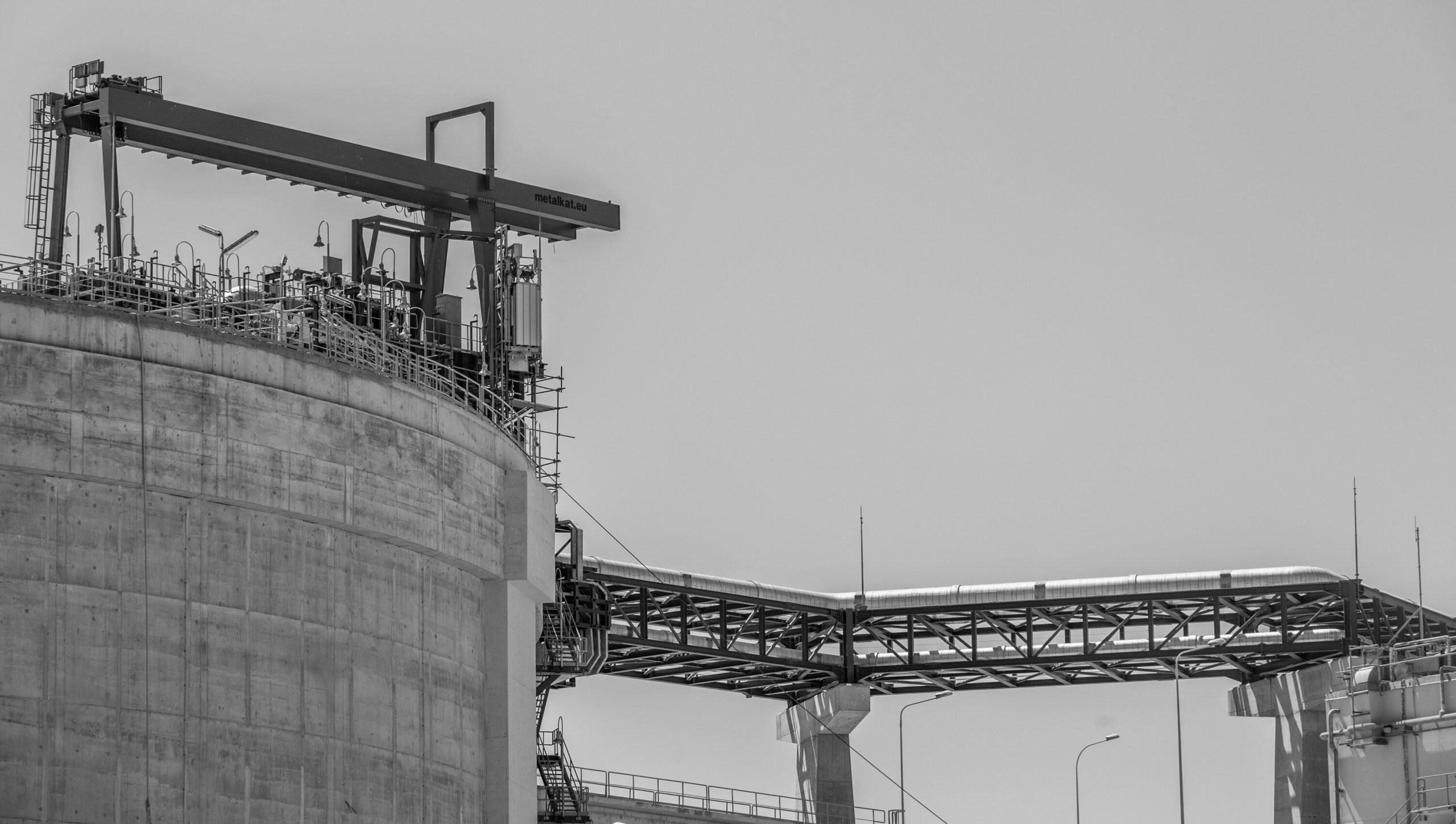Investments in natural gas infrastructure that will upgrade the Greek system, ensuring security and flexibility of supply for Greece and the wider region, includes the new ten-year development plan (2021-2030) of DESFA, according to the company’s CEO, Nicola Battilana, during his speech at the 3rd Athens Investment Forum.
Mr. Battilana referred to the parameters that make Greece ideal for the development of further investments in the natural gas network, with the most important being the strategic geographical location of the country, which allows DESFA to cooperate with other networks (such as TAP and IGB) and to expand its activities.
He also pointed out that the new ten-year plan includes investments for the development of the Natural gas network, the creation of new compression stations and the strengthening of the existing ones. It also envisages the development of the infrastructure necessary for the penetration of Small-Scale LNG in different market segments, such as shipping, as well as new areas to gain access to natural gas, such as Western Macedonia and Western Greece, while making a short reference to the Alexandropolis FSRUHe also referred to Poseidon Med II (PMII) program that studies ssLNG infrastructures for the ports of Patras, Igoumenitsa and Herakleion, while the port of Piraeus is foreseen to be supplied directly form the LNG Terminal of Revithoussa.
According to the CEO of DESFA, the specific investments are necessary, in order for the natural gas network in Greece to be reliable and flexible, elements necessary for its response to the growing demand. Their implementation requires highly specialized staff that will be employed for the following years, while their financing will be done almost exclusively through Greek providers. All this, in combination with the multiplication factors associated with these projects, is a great success of DESFA’s operations and activity.
Finally, Mr. Battilana stated that all investments are in line with the green transition of Greece, since the infrastructure of DESFA will exist when the production and use of hydrogen will start and will be an alternative means of storing energy from RES through DESFA. “We participate in projects and monitor studies that have as their ultimate goal to achieve the necessary level of security, in order for the network to be ready for the use of hydrogen. Being able to get hydrogen to remote areas is part of the green transition. In fact, when the green transition is completed and hydrogen will be used instead of natural gas, our infrastructure will be able to be a tool for its transmission”, concluded Mr. Battilana.








